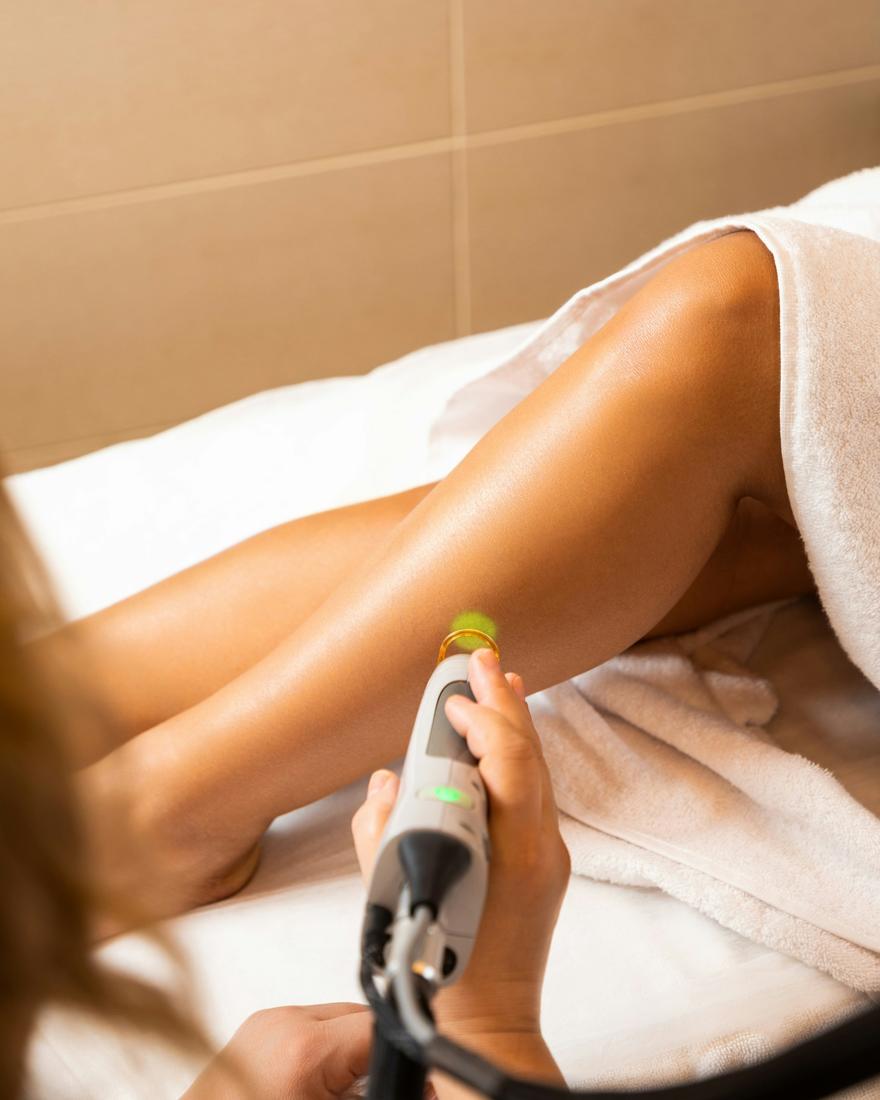Can You Shave If You Have Herpes?

Shaving might seem like a normal part of self-care, but if you’re living with herpes, it can sometimes stir up questions—and even outbreaks. The truth is, while you can shave if you have herpes, it’s important to know the risks and alternatives so you can make choices that keep your skin (and your confidence) protected.
Why Shaving Can Trigger Outbreaks
When you shave, you create tiny micro-tears in the skin—even if you don’t notice them. These small breaks in the skin can:
- Make it easier for the herpes virus to become active again.
- Cause irritation that wakes up nerves where herpes lives.
- Create the perfect environment for an outbreak to appear.
This doesn’t mean every shave will lead to a flare-up, but if you’re prone to outbreaks, especially around your shaving areas (genital region, thighs, bikini line), it’s something to be mindful of.
Hair Is More Than Just Hair
One thing we often forget is that our hair is part of our body’s natural defense system. Pubic hair, for example, acts as a barrier against pathogens like bacteria and viruses—including herpes. It reduces skin-to-skin friction, limits micro-abrasions, and helps keep the delicate mucous membrane areas more protected. When we remove hair completely, we’re removing that layer of natural protection, making it easier for infections and irritations to occur.
Should You Shave During an Active Outbreak?
The short answer: No.
If you have visible sores or feel the tingling that means an outbreak is on the way, shaving can spread the virus to other areas of your skin or just make the outbreak worse. It’s best to wait until everything has fully healed before picking up the razor.
Alternatives to Shaving
If you want smooth skin but don’t want to risk irritating your skin or triggering outbreaks, here are some options:
- Trimming with scissors or an electric trimmer – less friction, less irritation.
- Laser hair removal – some people prefer this permanent solution, though keep in mind the procedure itself can be irritating in the short term.
- Gentle waxing – only if you’re not in the middle of an outbreak and your skin is calm (though for many, waxing is still too harsh). A positive thing about waxing is you don't need to do it as often as you need to shave if you want a smooth skin. So, it's an alternative that last longer, but it can still causes outbreaks.
How to Care for Your Skin If You Do Shave
If you decide shaving is still the right choice for you, follow these tips to protect your skin:
- Always use a clean, sharp razor—a dull blade creates more cuts and irritation.
- Shave in the direction of hair growth, not against it.
- Use a fragrance-free, gentle shaving cream or gel.
- Moisturize and soothe the skin afterward. This is where we recommend our Fix It Salve—a soothing, natural balm that calms irritation, hydrates, and helps your skin recover. It’s especially helpful if you’re prone to sensitivity or post-shave discomfort.
Yes, you can shave if you have herpes—but it comes with some risks. Shaving can irritate your skin, potentially triggering outbreaks or making your skin more vulnerable. If you do shave, treat your skin with extra care. And if you’d rather avoid the razor altogether, trimming or laser removal are great alternatives.
👉 Most importantly: listen to your body. Your skin (and your herpes) will tell you what feels good and what doesn’t. For some people, shaving is no problem, but for quite a few, it is.
And remember, our Fix It Salve is here to give your skin the TLC it deserves—whether after shaving or just as part of your daily wellness routine.


0 comments
Leave a comment
Please log in or register to post a comment